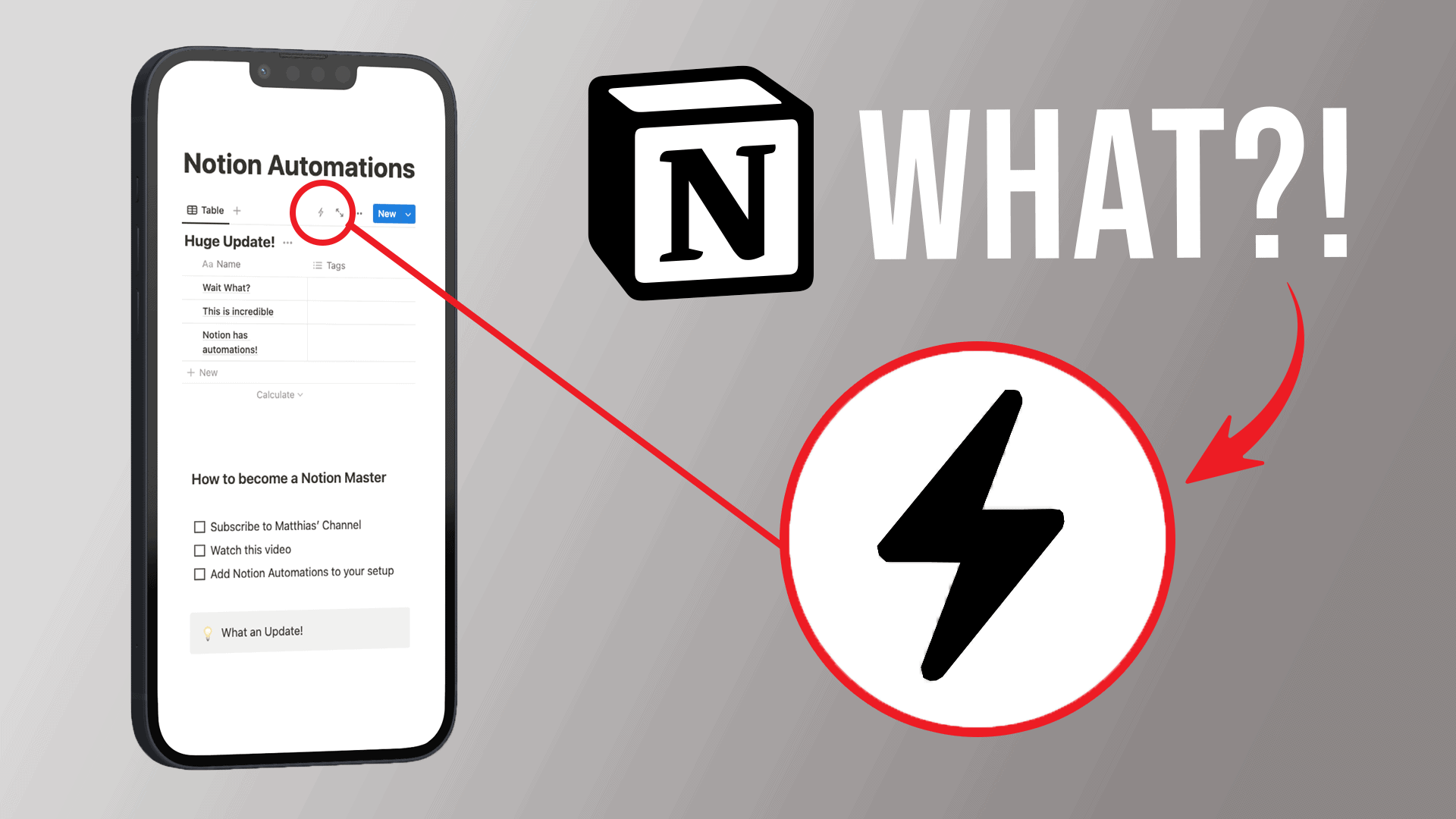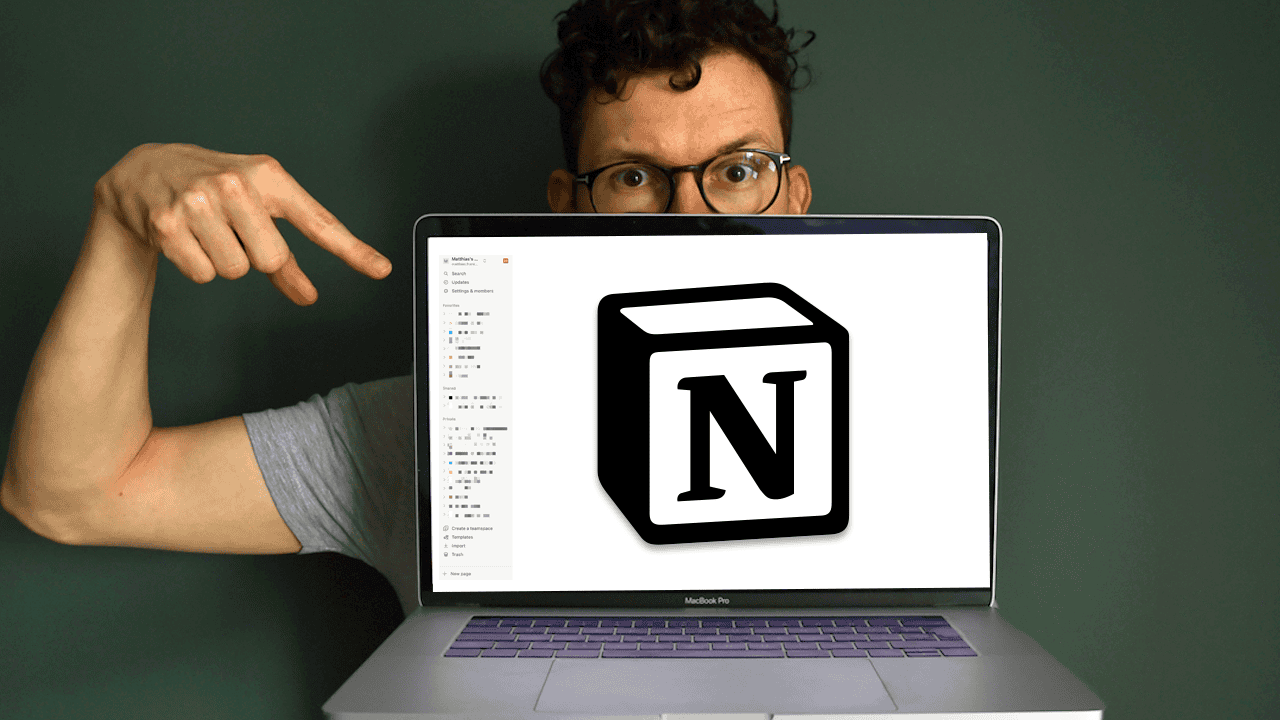Last time, I had asked: Is there a smarter way to learn? Today, we’ll dive in some of the answers. We will start out with what I like to call the three principles of effective studying. This is not about the details. Not about how to plan out every hour for weeks to distribute topics ideally or how to create a daily routine to keep you focused every day. This is the big picture. Pareto’s 80. Get this right, and you are good to go. The three things that will have the biggest impact on your learning success are:
- Make it direct
- Make it active
- Make it mindful
Let’s get started:
Direct Practice
Swimmers, runners, basketball players. They all train very differently. Obviously. After all, they compete with very different challenges.
Now, how does your studying look like? If you are like me, chances are that you study basically the same way for everything. You write notes to summarise lectures. You read books that explain difficult topics. You spent hours re-reading your notes. Maybe you are doing flashcards. It’s the way you started out in school and you just intensified your efforts as stuff got harder.
The problem? You are not tested on how well you can read notes. It’s as if a basketball player would limit his training to cardio. Sure, doing any type of exercise is better than none. But good luck trying to score in a real game, if all you did was improving your resting heart rate.
Luckily, there is an easy fix: if you’re a swimmer, get into the water! Direct Practice is the single most important mindset shift that you need to adopt to get better results from studying. Figure out what you want to do with your knowledge and learn by doing that. Will there be a multiple choice test on your memorized knowledge? Do multiple choice practice. Required to write essays on broader concepts? Write essays. Or in the case of German law studies: don’t spent your time reading and amassing theoretical knowledge on various case law, go ahead and actually solve practice cases.
Why so? Because we are usually bad at transferring knowledge from one situation to another. Taking psychology classes in high school doesn’t help students perform better even in an introductory class in college (Study here). Neither does taking economic classes help them when it comes to discussing economic topics (Study here). This is obviously not an absolute obstacle: transfer of knowledge does happen. But why play the odds and hope that in your specific case, you’ll be able to take theoretical knowledge and apply it to your specific needs, if you could just practice the real thing in the first place?
It’s not a revelation, that this type of practice is the most effective. We know it intuitively. And yet, it feels a lot better to read more and more on a topic and to learn our notes by heart. That is, because we get instantly a positive feedback. 20 flashcards today, another 20 tomorrow. Each time, they get more familiar, making you feel better about your progress. Writing mock exams on the other hand is hard and much more likely to be different and challenging every single time. But in the immortal words of Benjamin Franklin: No pain, no gain.
Active Practice
We already somehow know that reading our notes isn’t the best way to practice, because that’s not what we’ll be tested on later. But it is much, much worse than that. Reading something is by far the worst way you can try to learn something. The science behind that is as clear as it is intuitive (yet inconvenient to admit). The best way to learn something is not trying to get it into our brains – it’s trying to get it out from there:
A study from 2011 separated students into four groups.
- The first one was allowed to read the material once
- The second read the material four times
- The third created a mind map after reading it once
- and the fourth group tried to recall the content of the material – once.
The fourth group outperformed all groups by a vast margin. Trying to remember what you read was more effective than re-reading the content another three times.
If this is so clear, why aren’t we all studying that way? Again, we circle back to comfort. Reading something is already easier than trying to retrieve information. The difference get’s even worse, if we re-read stuff. Every time, our brain is happy to see “familiar faces” or in this case: familiar pages. At the same time, we trick ourselves. We assume, that just because we get more and more used to seeing the same thing, we can also retrieve the information in isolation. But familiarity is not the same as memory. And recognition is different than retrieval.
So instead of re-reading our notes, we should quiz ourselves – even though it will be much harder and much more frustrating. No more passive consumption. Active practice, or active recall, is your new holy grail when it comes to learning something.
Additional bonus? The last time it was sufficient to just memorise information instead of doing something with it was in elementary school and even then you had to sing the ABC at some point. Direct practice equals active practice. So by doing your mock exams, you get two for the price of one. But even if you’re not doing mock exams because you have to focus on specific areas: don’t re-read, quiz yourself.
Mindful Practice
Let me spell it out for you: Y o u d o n t h a v e u n l i m i t e d e n e r g y!
Yes, exam preparation weeks are stressful and time is scarce. But your learning capabilities are much more limited by a different factor: your energy. If you don’t pay attention to your overall health, you’re not exceptionally motivated to pass with the best result possible: you’re actively sabotaging your efforts
Throughout my first three years of university, I would go straight to the library after lunch (at least during the weeks of exam preparation). I’d sit there, staring at the pages, slowly sliding down towards my all day energy low point. After two hours or so, I’d get up and get a coffee with friends, before returning to fight my sleepiness. In those two hours, nothing ever got done. And most of the time, it cost so much motivation that a quick coffee break turned into an hour of distraction. Nowadays, I go and nap after lunch for 15 minutes. And just like magic, I am able to work afterwards. I could do some focused work for 30 minutes and spent the rest of the afternoon playing video games – and I would still be more productive than in those afternoons early in university.
Why am I telling you this? To make sure that you don’t confuse being busy with being productive. Being busy is extremely easy. Not only does it usually require little effort. Defaulting to auto-pilot is usually enough. Sitting in the library immediately after lunch isn’t fun. But it certainly doesn’t require much initiative. Just go and copy what others are doing. And being busy is satisfying. After all, you spent the whole day working.
Being productive on the other hand requires hard choices. Hard, because you need to move away from your default. You need to figure out what helps you keep a clear head. And when to stop. That actually might be the hardest thing to learn.
In Practice:
So here’s what to do to improve your learning in three steps:
1. Find out why you are learning
Seems obvious, doesn’t it? If you’re in formal education, this is easy. Just check the exam type. If you are learning something on your own, you need to clarify why. Learning to code because you want to design websites? Playing the guitar to sing for your guinea pig?
Whatever it is, make it the corner stone of your practice.
2. Turn the switch from passive to active
Write down all your learning activities. Now examine closely: which activities are active engagement with the material and which ones are just passive consumption?
Unless absolutely required, replace all passive activities with active counterparts. Sure, listening to the lecture for the first time or reading an introduction to your topic is required. But even in those cases, you should add active elements:
- For a lecture, you could look through the syllabus first. If there are summaries or test questions, instead of doing them after the lecture, have a go at them before.
- If it’s a reading assignment, then write down questions while reading. Not only will this increase your engagement with the first reading, they will also serve as repetition tools down the line.
- Never just re-read something to “learn” it. Look at the headlines and try to remember what was below it. Answer the questions you wrote down from your first go-through. Explain key concepts in your own words
- Remember: if it’s easy and you could do it with a hangover, it’s probably a waste of time
3. Improve your energy levels
I’ll cover this in detail in a separate blog post, but for now, make sure you got the basics right:
- Sleep at least 8 hours a night. Every night. Preferably with the same bed time and the same time to rise. Science has proven over and over again, that sleep plays a crucial role in memory formation.
- Study during your highly energised times, rest during low points. If you don’t know them, keep an energy journal for a few days and see what works for you. Most importantly: actually limit distractions during your high energy times. If you’re a morning person but spend the first three hours catching up on last nights uploads of cute animal pictures just to spent your afternoon slump over your books, you might want to rethink your schedule.In case you need to break a bad habbit: Atomic Habbits by James Clear is an amazing read and got some great tips.
- Exercise daily. You don’t need to hit the gym for 2 hours, but 20 minutes of moving your body will do wonders for your energy levels. Go for a quick run, do some stretches or follow a youtube video. For a starting point, check out Pamela Reif.
That’s it! Just a rundown of what I think to be the most essential pillars of studying. Leave your email below to get notified when I’ll take a look at some more detailed strategies that you can apply to improve your learning.


